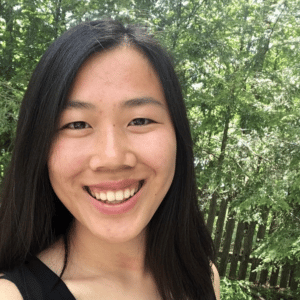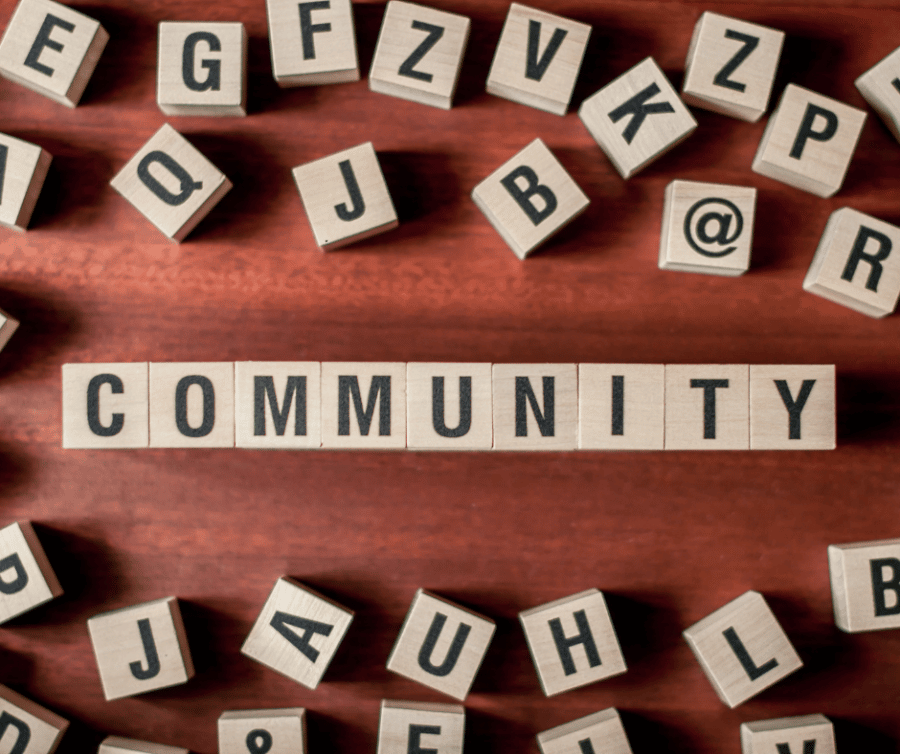While I was working with the International Korean Adoptee Association (IKAA) this summer, I conducted some internal research on search and reunion and reconnection with cultural heritage among Korean American adoptees. Below I share a few points I came to appreciate in the process. These thoughts are my own and do not represent the views of any organizations.
It is important to note that exploration and reconnection are not always possible or desirable for adoptees. Even for people with these options, there is no prescription for embarking on one journey over any other. This is the agency that I hope is restored to us as adopted people.
Cross-cohort learning can be our “intergenerational” learning
Though adoption places us across many areas, we still find ways to learn from one another across space and time. When I found online Chinese adoptee groups in the early 2010s, the biggest weight off my shoulders was that I wasn’t alone in my questions about heritage and community. Even beyond my circles of adoptees from China, learning from other cohorts gives context to understand myself and our shared struggles.
Adoptees are not a monolith, and learning about the footprints of adoptees can help us engage with how we want to build our communities. Many adoptees are reflecting on Roe v. Wade and what that means for the U.S. adoption and foster care systems. The voices of adoptees from Korea have organized in groups like IKAA that now welcome Chinese adoptees into their programming and events. Intercountry Adoptee Voices acts as a support network created by and for intercountry adoptees from any country of origin. Though adoption happens at one point in an individual family, young adoptees who wish to, can step into conversations that started long ago, and can inform how we choose to build community. As adoptees we have our own individual origin stories and social, political, cultural contexts, but learning from fellow adoptees can constitute our own “intergenerational” learning.
This means we don’t have to reinvent the wheel.
Adoptees before us have already laid the groundwork by trailblazing the first adoptee-led organizations. For Korean adoptees, organized groups took shape in the 1990s in large part by the sheer persistence of adopted people connecting with one another. To found the adoptee group Also-Known-As in 1996, Hollee McGinnis approached many groups and set up a desk at the Asian Heritage Festival in New York City trying to connect in person with anyone who was adopted (she describes her organizing in this NPR Code Switch episode). Now Also-Known-As is fortunately one of many regional organizations for Korean intercountry adoptees, and connections for those who seek them are more accessible than ever before.
In the case of reconnecting with heritage, the Chinese Adoptee Alliance (formerly FCC) has hosted Mid-Autumn Festival and Lunar New Year celebrations and panels on visiting China as an adult. Calling in from my home state of Vermont, I was able to connect with Chinese American adoptees in the Boston area through the mentorship program by China’s Children International. Not everyone chooses or is able to find community in adoptee groups, but more and more who are interested can find the tools and good company along the way.
When it comes to heritage, search and reunion, an individual’s journey is still their own.
Heritage can be explored through public or private memory. In one case, Melissa Rizzo Weller (2022) points to original birth certificates as a way some adoptees explore what many feel to be a “missing piece” of identity. Many adoptees are addressing personal legal and medical challenges every day. But adoptees should also have the choice to connect with heritage and history on their own terms, like learning a birth language and observing traditions and holidays of a birth culture. This can result in hybridized home cultures—homes like mine with “shipwreck hot dish” (a U.S. midwestern casserole special) and hot pot. It takes effort to set up the habit of cultural exploration by the adoptee, hand in hand with family members or whomever they include on the journey, but worth it for many.
In the context of search and reunion, there is an increasing supply of resources and accounts by people who have searched before. For example, Hollee McGinnis advises Korean adoptees to ask themselves Ten Questions while considering a birth search. Adoptees may find adoptee-only spaces in events like the online panel on birth family reunion hosted by Asian Adoptees of Canada in July. In my research of search and reunion journeys, I found a variety of versions and timelines of reconnection. Paul Sachdev writes that those who reunite may sustain contact with some, all, or none of the people they find. In addition to individual connections, another study by Ashley Landers, Saron Danes and Sandy White Hawk finds that an adopted person’s sense of satisfaction with reunion depends on the adopted person’s sense of connection to their birth community. This implies meaningful reconnection within not only a family, but a society.
For people who do seek community in groups, now is an exciting time to get involved with projects and organizations led by adopted people. Many adoptee-led organizations and projects are young enough that they are still connected to their founders, or one leadership transition removed from their original leadership. Just over two decades after the peak years of adoption from China to the U.S. these organizations are also robust and open enough to support the cross-cohort connections mentioned above. This presents an opportunity for the many Chinese American adoptees who are coming of age and getting involved in growing our own networks and knowledge base. Those of us who are interested in how these organizations were seeded, took root, and continue to bloom, have multiple varieties and soil to cultivate.
About the Author

Mahli Knutson was born in Guangdong, China, and adopted to the U.S. Her work focuses on migration and transnational families, and in her free time she enjoys hot cocoa and card games.
